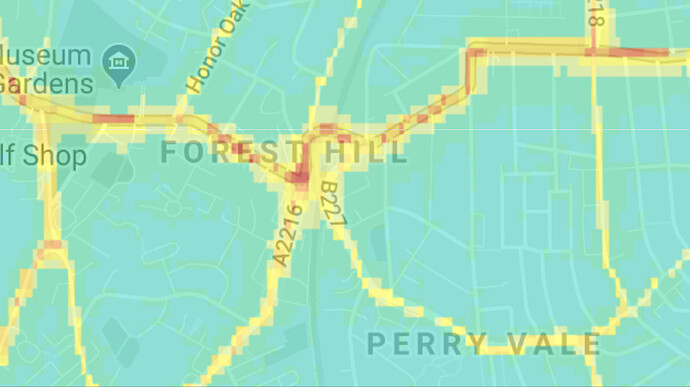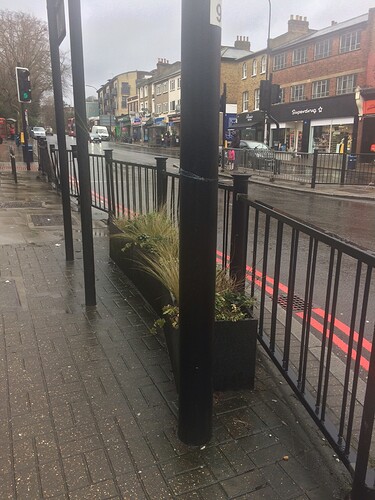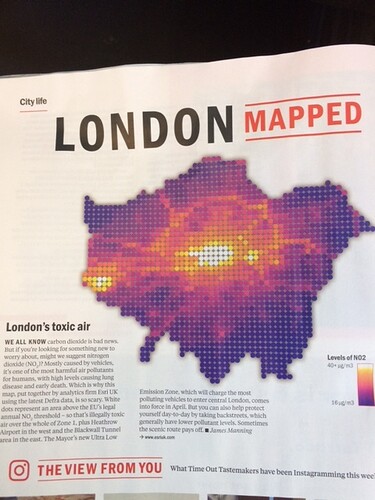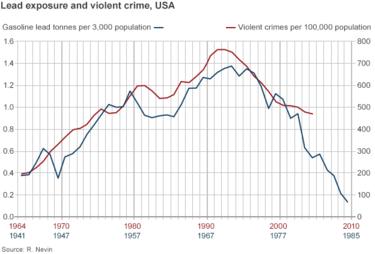Hi Devonish Forester,
There’s evidence that hedges, green walls and even moss benches can reduce NO2 and particulates by 30-40%. If they are placed in the right place, at exhaust level and ideally between pedestrians and the road then that could stop 30-40% of emissions getting to our lungs.
https://www.bbc.co.uk/news/science-environment-18873391
Also look up Rob Mackenzie in Birmingham university.
The ULEZ is expected to reduce emissions by 30% around the south circular as people change their cars/companies change fleets so together that is a massive amount.
Combined with the really important prevention work you talked about and perhaps incentives (grants/loans to get an electric car anyone?) It could all add up to make a massive difference.
The reason why I want to focus on regreening first is because that is what the money is available for in March.
I think it’s important to look into spending the money effectively Perhaps kings could do some studies on how effective different regreening measures are.
Then we can campaign to get some hedges/green walls along the places in forest hill which are crunch points for pollution and other groups can campaign to get it in their area.
Think how nice it will make our neighbourhoods look too!
It’s not going to be straightforward as the southcircular is managed by TfL so local councillors can’t influence them much which is why creating a pressure group is so important.
Look forward to discussing more.
Alice















 ]
]

